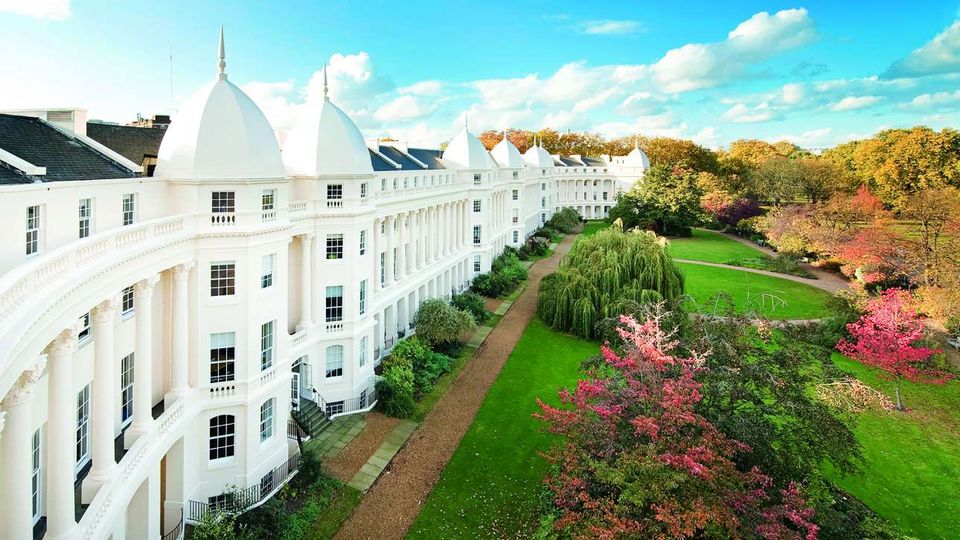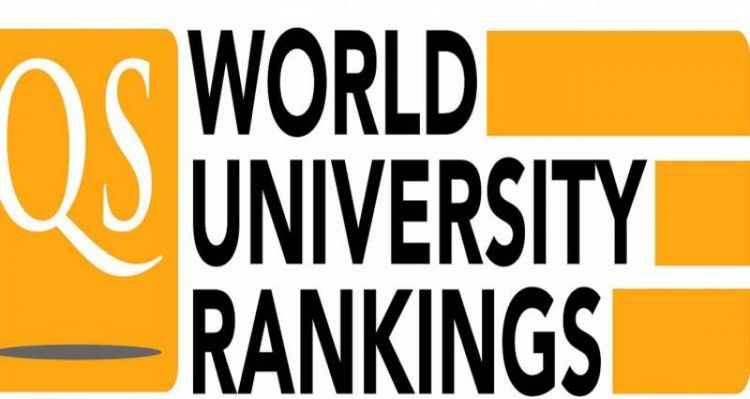How to research graduate programs

Today's post is for readers who are applying to graduate school. Since graduate applications consulting is how I make a living and I have many years of experience doing this, I think it would be worthwhile for me to share how I would research specific graduate programs if I were a prospective applicant.
I’ll use London Business School’s Masters in Financial Analysis (MFA) program as an example because it’s a high quality program that some applicants aren’t familiar with.
1: Gather information online
We should start with first-hand information from LBS. Find and obtain copies of documents such as the MFA Class Directory and MFA Employment report (see below):

These documents are much more detailed than the class profile data on the LBS website. In particular, the class directory is extremely valuable because it provides the full name of every student in the program. This allows us to easily find their profiles on LinkedIn (refer to the following screenshot), which usually contain additional information about their backgrounds - for example, where they interned prior to the MFA program and what job they took after the program. Sometimes, they would even share their undergraduate GPA and GMAT/GRE scores.

Below is an example of the proprietary research that my team might undertake by utilizing the above resources (and you can do the same). This spreadsheet collects comprehensive information about the backgrounds of Chinese students in the MFA program and clearly shows the bar for admission.

Employment reports are useful for a different reason - rather than tell you how difficult it is to get in, they tell you how good the program is. In the case of business schools, program quality is directly tied to employment outcomes.
Key information to understand include: how likely it is for Chinese students to remain in the UK to work after the program; which firms hire from LBS every year (ie. LBS is a target school for them); and salary data for different regions (especially UK and Asia).
One key MFA-specific insight that we can gain by comparing the 2019 and 2020 employment reports: average salaries of MFA graduates for the Asia region dropped dramatically (from £47,661 in 2019 to £35,448 in 2020). You should try to find out why.
2: Attend events
A top business school such as LBS regularly hosts events for prospective applicants (see screenshot below). Attend at least one Q&A session with the recruitment and admissions team - this will be important later when you attempt to connect with current students and when you fill in the online application.

In normal conditions (when there isn’t a global pandemic), the best course of action is to visit London and visit the LBS campus in person. This gives you an opportunity to leave a positive impression on the admissions team as well as meet directly with some current students face to face. If you’re currently living in the UK (perhaps completing your undergraduate studies there), I highly recommend visiting LBS. A campus visit is one of the most impactful things you can do to improve your chance of admission.
3: Connect with students and alumni
Remember the spreadsheet from before? You should refer to it now (and do more searching on LinkedIn) to connect with every MFA you can find. For your invitation to connect, you could write a message like the following:
“I recently attend an info session with Early Career admissions and developed a strong interest in the MFA program. I’ve been doing a lot of research and would love to connect with you and possibly have a short call to ask about your experience at LBS. Hope to hear back from you!”
If you’re having trouble getting positive responses (maybe it’s the summer and everyone is doing internships), you can always email LBS ambassadors (see screenshot below), who will almost certainly respond.

Once you’ve successfully connected with some members of the LBS community, do more research before scheduling a chat with them.
Prepare thoughtful questions. Questions should be specific to LBS and the MFA program. Examples of good questions to ask:
- The class size has increased significantly over the past few years (from ~100 students in 2019 to ~200 in 2021). How has this affected recruiting and access to career resources at LBS?
- How does the MFA class interact with the other early career programs (MIM, MAM) and other programs at LBS (MBA, Sloan Fellows)?
- What’s the advantage/disadvantage of the optional fourth term (which extends the program duration from 12 to 16 months)?
- What are the main differences between the Chinese students who remain in London to work after the program versus those who return to Hong Kong or mainland China? (It may be wise to only ask this question to those who are working in London.)
- Why did the average salary for the Asia region drop so much in the past two years?
It's worth noting that if you build very strong relationships with current students or recent alumni, they might share internal recruitment data with you or write an internal letter of referral for you. The latter has a substantial positive impact on your chances of admission.
School and program selection is not so simple that you can just refer to the QS rankings. Graduate study is a once-in-a-lifetime opportunity and an expensive investment in your future. It’s worthwhile to take the time and do detailed research on each program you’re interested in. Good luck!




